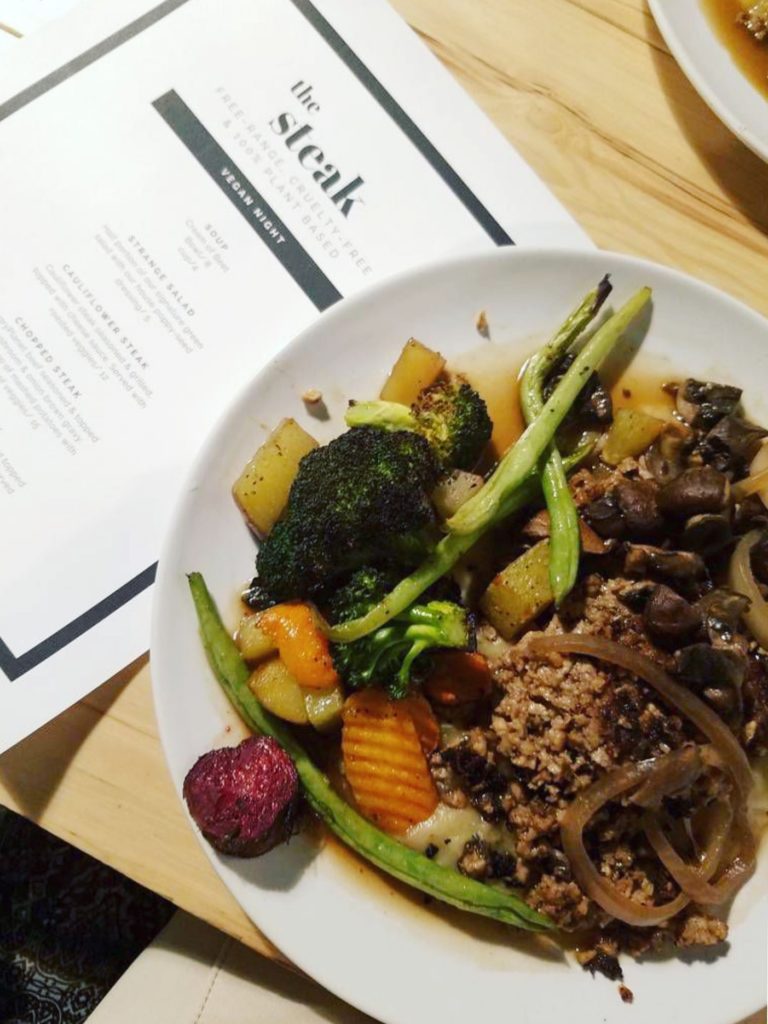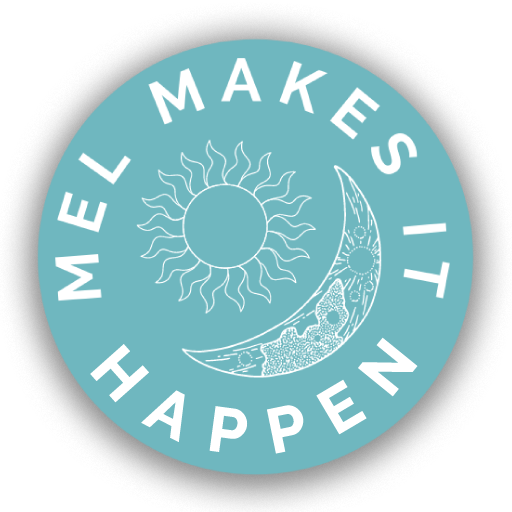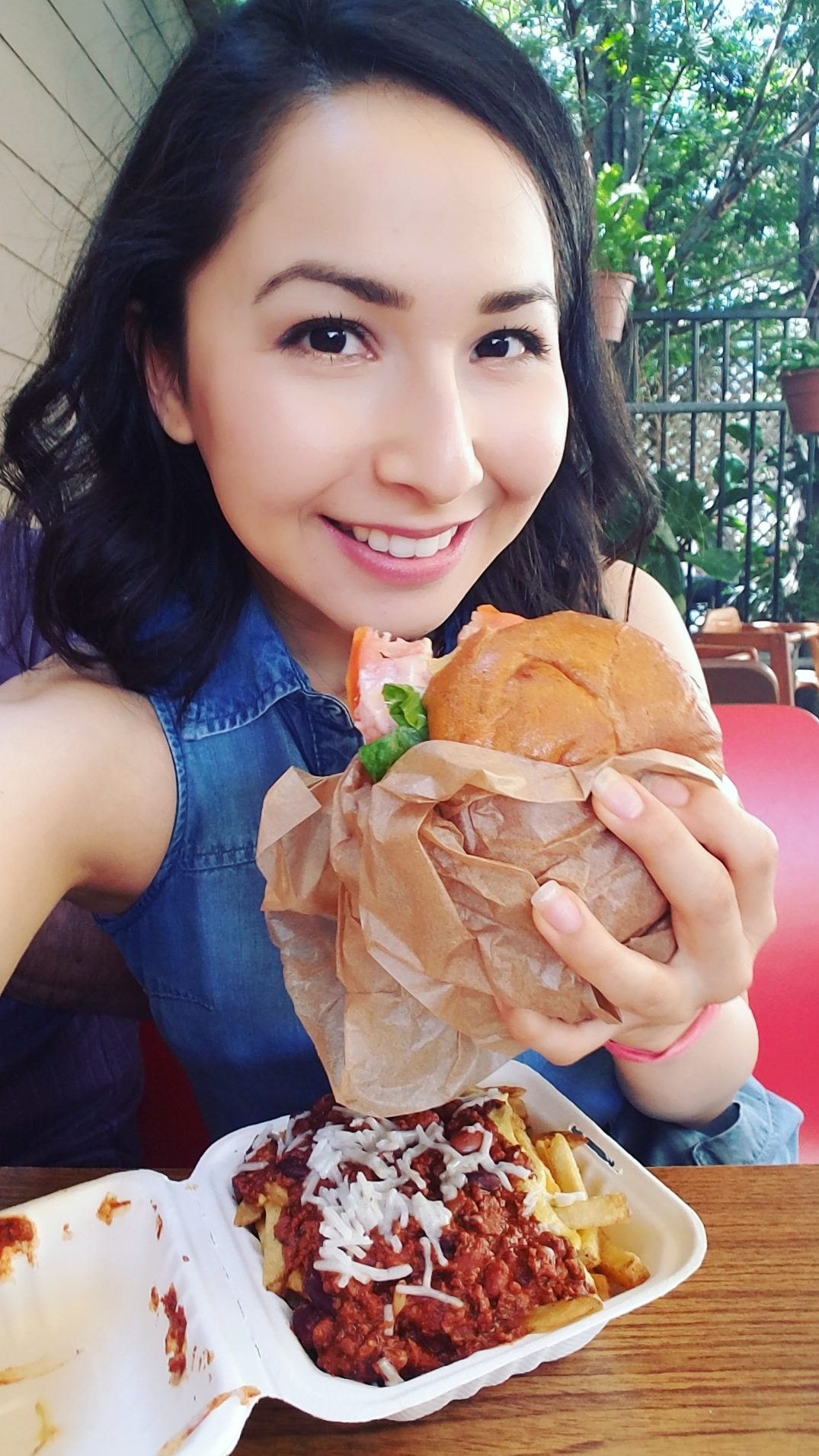In a society where the average person is still shocked by the idea of vegetarianism, where do vegans fit in? While I don’t completely associate with the term vegan, I have tried to follow the lifestyle for the most part. Also, when I say lifestyle, that involves not just food but any material products I choose to consume, too. Today’s post is a quick list of three things no one tells you about going vegan. I’m not saying going vegan is bad or good but, rather, with any choice, there are obstacles. The following are some of the obstacles I’ve had to deal with but they may not necessarily be the case for everyone.
The world isn’t changed, just you.
You know how it feels when you learn some new information and suddenly feel like you want to make a change in the world? For anyone who has watched a video on cruelty in the meat industry or the environmental issues surrounding a diet loaded with animal products, those things are hard to unseen. Personally, I’ve taken those learnings with me and tried to inform others. People might be moderately interested in hearing about such information once but few times are they ready to change their lives because of a conversation.
Your new enlightened state of what the meat/dairy/egg/or other industries are doing may make you not want to so much as look at the deli counter of the grocery store. Beyond the cruelties of the industries, the benefit of a plant-based diet speaks for itself. Though, I feel like people need to come across that information on their own.
People don’t feel motivated to change by hearing someone else tell them why they need to change but by seeing when someone is doing something right. Right now vegans only comprise a mere 6% of the population in the United States. The plants, animals, and environment still need an advocate but I wouldn’t get so invested in trying to convert your family and friends to be like you. That is a sure-fire way to lose some friends. Rather, if you’re passionate about this or anything, lead by example and the rest will follow.
Food serves as a bonding experience in every culture. To not partake in the mainstream experience can make you feel like an outsider.
No matter what your background, food is one facet that brings people together. It is necessary to stay involved and participate in familial or social gatherings despite personal preferences. Many cultures have their staple dishes that involve meat and/or cheese at center-stage. I definitely don’t have a desire to eat the dishes but I miss the feeling of enjoying what everyone else is enjoying.
As my family oohs and ahs over the barbecue ribs or seafood cocktails, I feel like an awkward wallflower at the table. Sure, there might be dishes like salads or rice that are prepared vegan-friendly and can be taken advantage of. Though, oftentimes, when I know there won’t be something I can eat, I’ll even make my own meal and take it to a gathering. I’ll receive curious looks and maybe even some questions about what I’m eating but that’s as far as it goes.
If you want to be adventurous and make a vegan dish to take to a gathering, be prepared for the worst. I’ve spent days planning delicious wild rice pilafs and three-bean salads only to have to take the entire dish back home. Understand who you’re dining with when deciding whether or not to cook. Hopefully your company is more willing to try something different.
A limited set of options can lead to restricted or disordered eating.
I know this is super controversial to say. It definitely is not the case for everyone. Though, the more I read about nutrition and try to tackle symptoms of intolerance, the more I limit my options for food. When you are a vegan, obviously that involves zero animal products. What if you are also intolerant to gluten or sensitive to caffeine? I’m not saying this to make you question what you can or should eat. Rather, I personally feel that my world gets significantly smaller when I eliminate so much from my diet. Thus, my anxieties about food increase. This can be a whole post on its own so I’ll pick this topic up again later!
The ingredients label is its own unique language.
So, you took Spanish in high school but did anyone teach you that “natural glaze” can be an alternative phrase for “glaze made from insects”? Or that filtration methods for alcoholic beverages might involve fish bladders? There is entirely no way to know this sort of thing from the packaging alone.
Besides being helpful, it is downright necessary to read every ingredient label. Some brands are good about listing allergens like Milk or Egg in big print under the ingredients list. Though, if you’re vegan, you’ve got to look out for more than that. Some seemingly simple crackers might look fine but honey is listed in the ingredients list. An ice cream boasting a “dairy-free” label may still have egg yolks or, less conspicuously, whey powder.
When in doubt about an ingredient, pull out your master sleuth skills and Google it. For alcohol, I’d suggest researching ahead of time and having a few brand names in mind as options. Also, don’t forget that packaging may be deceiving but real, fresh produce doesn’t lie. Fruit and vegetables need no ingredients label. : )
Bonus: for my small town homies, you know what it feels like to scavenge off the side dishes.
Just because trendy restaurants like True Food Kitchen or Chipotle offer vegan menu items, that doesn’t mean your mom-and-pop diners are going to, too. In my hometown, chain-restaurants are my best bet. As much as I’d love to support local businesses, they don’t post allergen menus online. That is basically the cheat sheet to knowing whether a dish contains or may be cross-contaminated with milk, eggs, soy, gluten, or nuts.
Even given that tool, I’m lucky if I can find three items on a menu that I can eat without asking for accommodations. House salads, guacamole, and French fries are usually safe bets. Though, the last one is also dicey if you think about the shared fryer oil. Those pitiful but humble choices make you really appreciate the value of home-cooked food. Plus, if you ever get the chance to eat at a vegan restaurant or vegan-friendly restaurant, it will make you appreciate the meal all the more.

I do not want to deter anyone from adopting a vegan way of eating or living. Given the above mentioned things no one tells you about going vegan, I give myself leniency and offer the same to others. You pick your battles and you do what you can, my friends. While I whole-heartedly advocate for going 100% vegan if you can do it. I also whole-heartedly believe we need to do right by our minds and bodies.
My ethics lie in veganism but dietary preferences sometimes fluctuate between vegetarian and vegan. Lately, I lean more towards the latter but you’ve got to do what is right for you. I believe in moderation. An extreme approach in anything does not allow for you to live your life to the fullest but it is up to you to determine where you draw the line.
Thank you for reading! What do you think? Have you felt any of these situations to be true? Also, stay tuned for an upcoming post elaborating more on the topic of food anxieties!
Xoxo.

